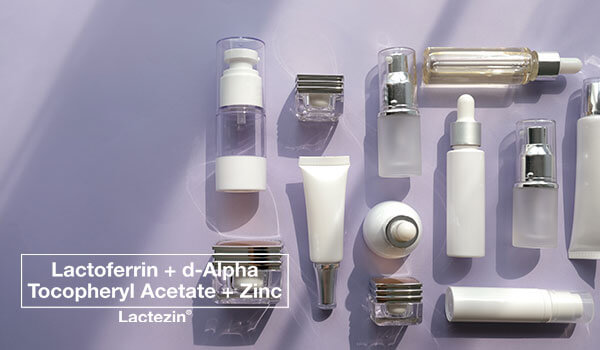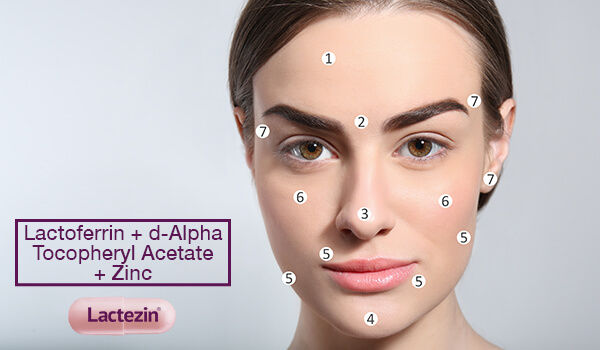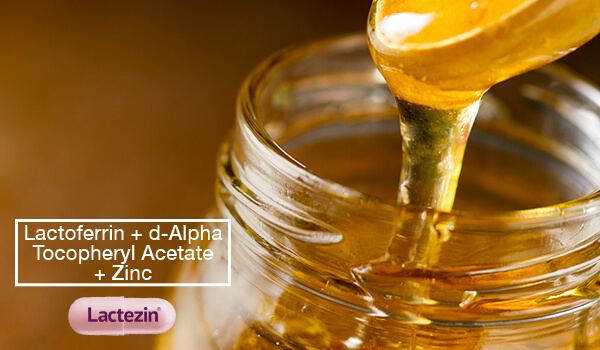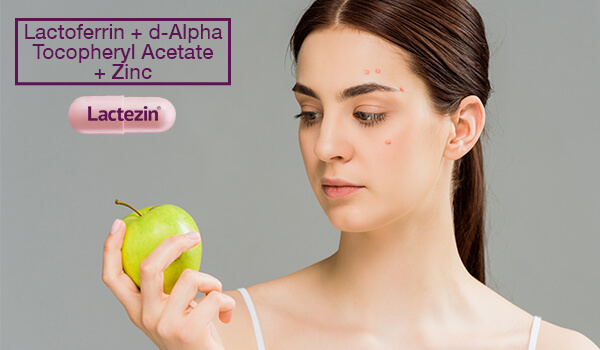Skin Fasting: Can it Prevent Pimple Breakouts?

If you have been following the skincare community online, you may have already seen the recent skin fasting trend among bloggers and beauty enthusiasts alike. But before you get on board with this: what exactly does skin fasting entail and can it help with skin problems like oily skin and pimple breakouts?
What is skin fasting?
Lately, everything has been all about minimalism, from fashion to home decor and everything in between. The latest to follow this movement is skincare, with its skin fasting trend.
Also, with these challenging times, certain priorities may have shifted to focus on other things, causing us to take a step back on our often elaborate routines. So there may actually be some merit to this trend.
Skin fasting (or skin detoxing, to some) embraces the concept of taking a break from our usual skincare routine with the goal of improving the way your skin functions. The theory behind it is that by using skincare products, we are “coaching” our skin on what to do, which throws it off its natural, self-regulating process.
For example, using exfoliants speeds up the skin’s natural renewal rate, or moisturizer is a signal for our skin to not produce as much sebum. So by minimizing products, you remove the aides that your skin has become dependent on and allow your skin to do what it naturally does.
Basically, by cutting down on skincare products, you allow your skin to ‘reset’, which may help improve the way it functions.
But as with anything involving skincare, it can go either way depending on the individual. For example, if you have a damaged skin barrier, eliminating products with potentially irritating ingredients can help encourage healing. On the other hand, if you cut down on products with ingredients that help repair your skin, it may leave you worse off.
What does skin fasting entail?
A quick scan of the online skincare community will tell you that there is no single interpretation of this method. Some have done this using absolutely zero products for a few weeks, claiming that this helps the skin return to its natural baseline. Many opt for the less radical route, simplifying their routine by removing a product or two (usually the actives like retinol).
In a way, it could be likened to intermittent fasting and its many variations, despite having one overall goal, which is to give the body enough time away from additives for it to reset and heal from within. And just like intermittent fasting, different interpretations work for different people.
What experts can agree on is that you should exercise care and not remove all your skincare products at the same time. Rather than stopping altogether, what they would recommend is for you to deconstruct your skincare routine and pull out any potential red flags.
However, you can interpret skin fasting in your skincare routine however you like, as long as you pay attention to what your skin needs.
Can skin fasting prevent acne breakouts?
Pressing reset on your skin sounds appealing but if you’re acne-prone, you may want to exercise extra caution.
Experts warn against extreme skin fasting for breakout-prone skin because a consistent acne management routine is key to keeping stubborn pimples at bay. Taking a break from the products that already work for you, such as a cleanser, spot treatment, BHA treatment, etc. could cause acne to flare up again.
But if you do suspect that something in your current anti-acne routine may be irritating your skin or just not working at all, slowly remove it and see what happens. Usually, it’s the ones that have potent ingredients like retinol, AHAs, BHAs, and even Vitamin C. Try cutting down on them slowly to see if there are any good, significant changes to your skin.
One product you should never remove from your routine, however, is sun protection. No matter what your skin type is, applying sunscreen daily is a must. Yes, even if you’re just staying indoors. Remember: windows do not block UVA rays from entering into your home and affecting your skin.
The verdict: should you start skin fasting?
While skin fasting is generally not advised for acne-prone skin, there are circumstances where a skin fast can be beneficial, if well-planned.
As mentioned previously, it can be helpful when you’re trying a new product or a new combination of products that may not be working as you expect it to. Taking a skin fast from a product that you may suspect is causing the irritation can help. This process of elimination helps you adjust your routine accordingly.
Another way it can be beneficial is if you’re using harsh or irritating products, to begin with. Fasting from these products can result in a significant change to your skin.
The key thing to remember about this minimalist approach to skincare is that it’s not just about slimming down your routine for the sake of it; it’s about finding the right combination of products that can help your skin.
Lactezin and skin fasting
If you’re taking acne capsules like Lactezin along with your topical skincare routine, it is recommended that you continue taking them as prescribed (so in the case of Lactezin, that’s 2x daily). This is to ensure that even with a minimal topical routine, your skin is still healing from the inside.
SOURCES:


